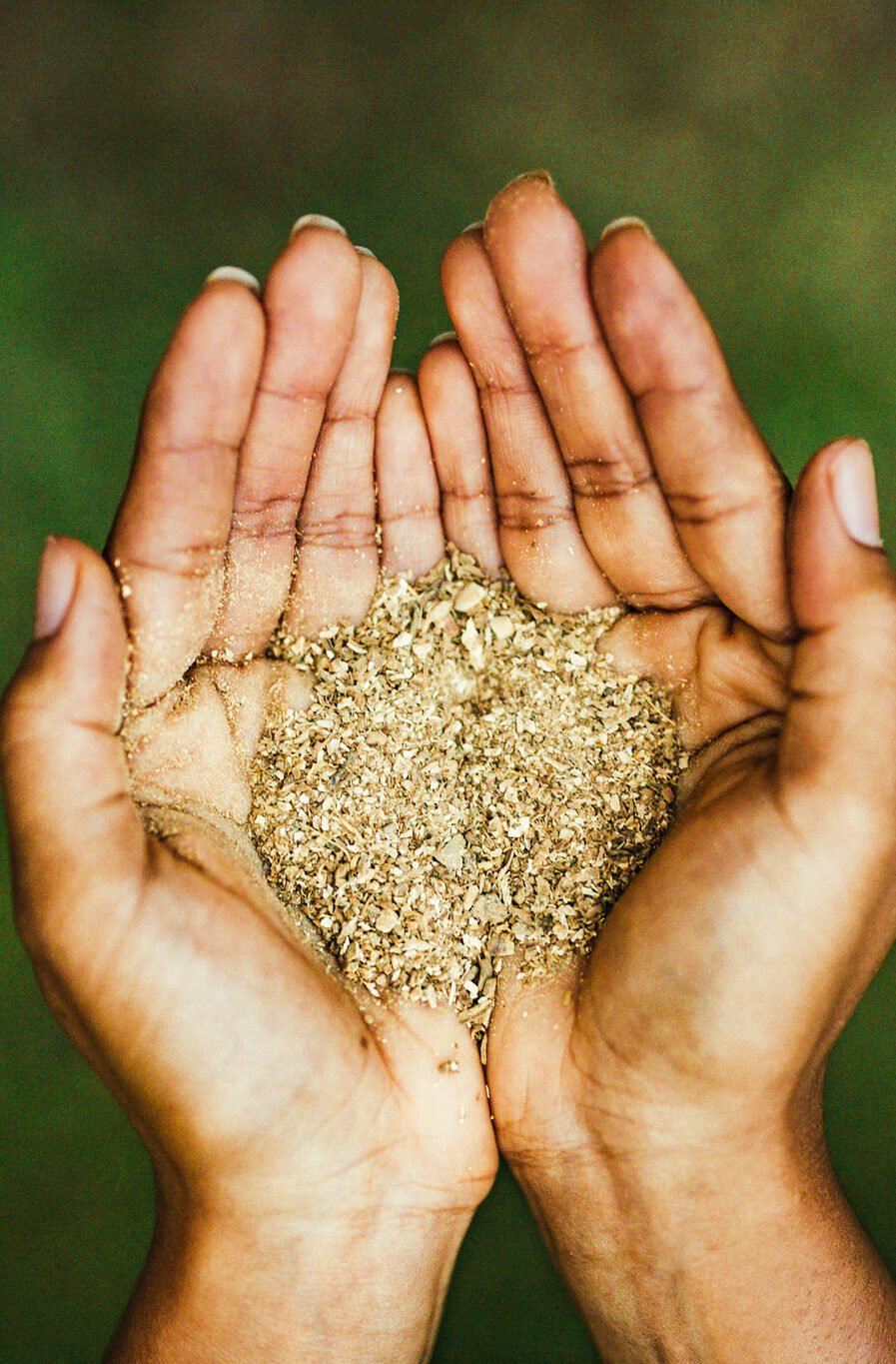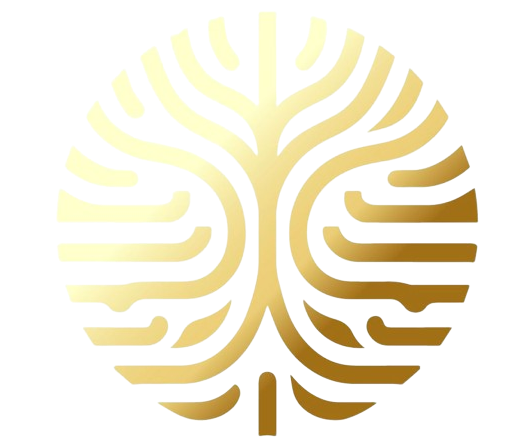Iboga
What is iboga?
Only through direct experience can one truly know or define Iboga. For some, it may be seen as a drug; for others, it is a psychedelic, entheogen, or plant medicine used to heal trauma. To the Bwiti, the indigenous people entrusted with Iboga, it is a sacramental tool used in ceremonies and as a gateway to the realm of our ancestors (spirits).
We have come to recognize Iboga as a spiritual technology that transcends typical approaches to healing, serving as an amplification tool of the voice and wisdom within one’s own soul while rejuvenating the often convoluted mind.


Tabernathe Iboga
To know Iboga is to know oneself, which can be achieved only through direct experiential involvement and introspection. Neither verbal nor visual representation nor scientific analysis can replace the tangible essence that arises from the direct communion with Iboga.
However, certain essential information can aid those considering engagement with this unique plant teacher and sacrament, fostering an awareness of Iboga’s need for sustainability and advocacy.
Iboga, scientifically called Tabernanthe iboga, primarily thrives in West-Central Africa, particularly in areas like Gabon, Cameroon, and the Congo. First discovered by the Bobongo (Pygmy) people, Iboga molded and transformed their spiritual customs, establishing what we now know as the Bwiti. In the Western sphere, Ibogaine, an alkaloid extracted from the comprehensive Iboga profile, is renowned for its effectiveness in treating opioid dependency, providing a holistic range of anti-addictive properties.
Unfortunately, the critical endangerment of Tabernanthe Iboga stems from increasing Western demand and the lack of fair-trade practices and ethical reciprocity. Initiatives such as Blessings of the Forest strive to promote sustainability through ethical harvesting methods and long-term conservation strategies. Additionally, our affiliated 501(c)3 non-profit organization, Sacred Roots Foundation, is dedicated to sustaining Iboga and empowering and revitalizing indigenous communities.
What is Bwiti?
The Bwiti tradition, deeply entrenched in the ancient forests of Gabon, Central Africa, transcends the narrow confines of being labeled merely as a religion or cult. Originating about 4,000 years ago, it finds its roots in the profound relationship the Babongo people (often referred to as Pygmies) of West Central Africa developed with the Iboga plant. Their discovery of the spiritual potential within Iboga set the stage for the emergence of Bwiti as a significant spiritual practice aimed at self-discovery and gaining a deeper insight into life.
Bwiti is a transformative path that fosters a direct link with ancestors and the spiritual realm through the venerated Iboga, also known as the tree of knowledge. This engagement with the sacred plant opens up a wealth of wisdom, incorporating teachings, musical traditions, health practices, and healing methods, all preserved and passed down orally from generation to generation.
To embrace Bwiti principles is to forge a deep connection with all creation. Bwiti is driven by the quest for truth, happiness, and freedom, unencumbered by material or emotional burdens. It represents a collection of practices and a holistic approach to life, advocating excellence in living, infused with age-old knowledge, and acting as a continuous catalyst for personal evolution.
The structure of Bwiti can be visualized as a lush tree. Traditions such as the Disumba form its roots, the Misoko tradition embodies the trunk, and the Myobe, Mabundi and others are the branches. They contribute to the tree’s complexity and growth, and all are essential for the health and perpetuation of the entire organism.
At Root and Wisdom, our initiation into these various Bwiti traditions enables us to add a new branch to this ever-growing tree. Our distinct approach with Iboga signifies the expansion of this vibrant entity, promoting its development and enduring legacy.

